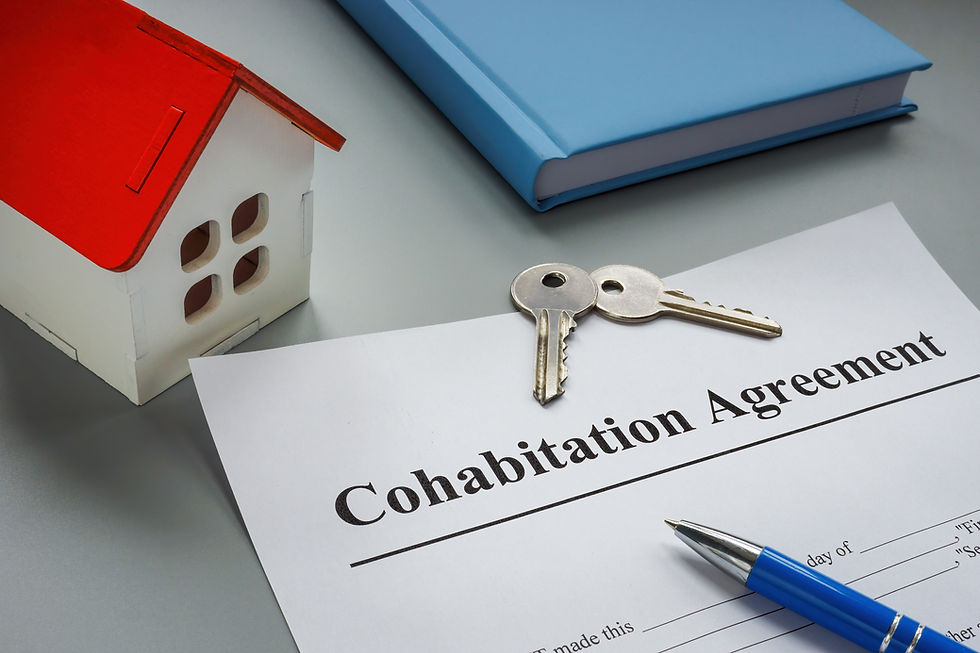STATE PUTTING THE SQUEEZE ON LEGITIMATE PROTEST
- administration9514
- Mar 26, 2021
- 2 min read
The recent police killing of a pedestrian at a protest outside the Wits University illustrates that ‘SA’s public order policing is as ill as it ever was,’ says the University of Johannesburg’s Professor Jane Duncan. She adds that since the State of Disaster was imposed in March 2020, there has been a ‘distressing level of uneven and inconsistent policing of gatherings’. ‘The message this has sent is that the police were going easy on some gatherings, while taking tough action on others to suppress dissent.’
Duncan believes the state has merely been reproducing behaviour patterns entrenched over the past two decades. In her analysis on The Conversation site, Duncan says research she conducted prior to the lockdown pointed to anti-democratic patterns of behaviour towards protesters, despite the 2018 Constitutional Court judgment in Mlungwana and Others v the State and Another that affirmed people’s right to protest. While the ruling covered all gatherings, it was particularly significant for the right to protest. ‘This is because protests are more susceptible to government repression than ordinary gatherings,’ she says.
The Regulation of Gatherings Act should regulate gatherings in a content-neutral manner, with the narrowest prohibitions possible on harmful forms of expression, says Duncan. Despite this, evidence shows that municipalities are interfering in the lawful expressive content of protests, by placing burdensome requirements on the conveners. ‘These requirements risk chilling freedom of expression in gatherings,’ she adds. ‘Municipal over-regulation of protests, coupled with over-policing, suggests a doctrinal shift in how they are viewed by the government.
Instead of recognising protests as a democratic right and legitimate form of expression, increasingly protests have been framed as threats to domestic stability and, consequently, national security.’ Duncan says that state conduct during the lockdown has been yet another sign of this doctrinal decline. ‘Mlungwana was an important step towards reforming the problematic notification process. But, unless the judgment is followed by a deeper and more consistent ideological and doctrinal commitment to respecting the right to protest and ensuring a more genuine incorporation of the majority of South Africans into the political system, then the changes are likely to be limited.’
.png)



Comments